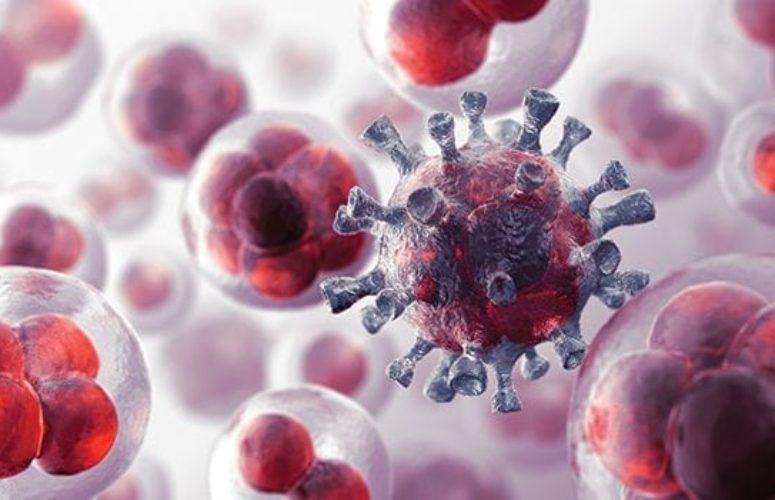
Battling Cancer Requires a Pro-Innovation Environment
By Dean J. Paranicas, President and CEO, HealthCare Institute of New Jersey (HINJ) On Nov 29, 2017In the United States, cancer is today the second leading cause of death. Still, tremendous, life-saving progress has been made over recent decades in the diagnosis and treatment of the disease.
As a result, the death rate from cancer in the US continues to decline. According to an American Cancer Society report, the overall US cancer death rates from 2010 to 2014 decreased by 1.8 percent per year in men, 1.4 percent in women and 1.6 percent in children – across all major racial and ethnic groups – and for the most common types of cancer.
The report attributed the improved cancer-survivorship census largely to smoking cessation, early detection and medical treatments.
Life sciences companies – including those in the biopharmaceutical, biotechnology, medical technology, device and diagnostic sectors, many of them here in New Jersey – have been at the forefront of this progress. They have researched, developed and brought to the global market medical innovations that have improved and saved lives.
Driven by sophisticated advancements in science and technology, these companies continue to invest robustly in cutting-edge oncology research. According to the Pharmaceutical Research and Manufacturers of America (PhRMA), 24,389 projects are either in preclinical or clinical development. Of that total, 8,651 (35 percent) focus on oncology, including treatments for bladder, breast, colorectal, lung and melanoma cancers.
Of note, the PhRMA study also reported that – driven by advanced molecular and genomic research – 85 percent of these cancer projects in the R&D pipeline are potentially first-in-class medicines, meaning a drug with a new and unique mechanism for treating a condition.
Certainly, no update on cancer research would be complete without citing immuno-oncology or immunotherapy, which is ushering in what some are calling a “Golden Era” of oncology medicine. Rather than killing cancer cells directly, immunotherapy seeks to harness the immune system’s power to eliminate the cancer or slow its growth and ability to spread.
Right now, according to PhRMA, there are more than 240 immuno-oncology medicines and vaccines in development, which all hold immense promise for cancer patients.
Impressively, a considerable amount of biopharmaceutical research and development is being conducted in companies’ New Jersey laboratories, further advancing the state’s historic reputation as the “Medicine Chest of the World.”
In addition, the Garden State hosts a sizeable number of clinical trials. In June 2017, PhRMA reported that there are 675 open clinical trials in the state; of those, 314 (46 percent) focus on cancer.
Medical technology and device companies also contribute significantly to cancer treatment and survivorship. Cancer imaging and diagnostic technologies as well as radiotherapy, for example, play life-saving roles in cancer care today.
According to the Advanced Medical Technology Association (AdvaMed), by 2035, if all patients needing radiotherapy have access to it, cancer in 2.5 million people would be prevented from progressing, and 950,000 people would have an overall survival benefit.
Medical innovation is complex, high-risk, time-consuming and extremely expensive. Yet, the return on investment – diminished suffering, decreased mortality as well as reducing the enormous cost burden for cancer patients, their families and our healthcare system – is obvious and huge.
Central to continued advancements in battling cancer is a shared commitment to maintaining a policy, regulatory and business environment that is pro-innovation and pro-patient.
Consequently, the life sciences community, policymakers, healthcare providers, research universities and the greater business community – in New Jersey, across the US and around the globe – must continue to collaborate in ways that sustain, rather than stifle, the virtuous cycle of better health, longer life and economic benefits resulting from medical innovation.
The HealthCare Institute of New Jersey (HINJ) is committed to this mission so that biopharmaceutical, biotechnology, medical technology, device and diagnostic companies across the Garden State can continue to battle cancer in innovative ways that will further enhance and save the lives of patients around the world.
Related Articles:






